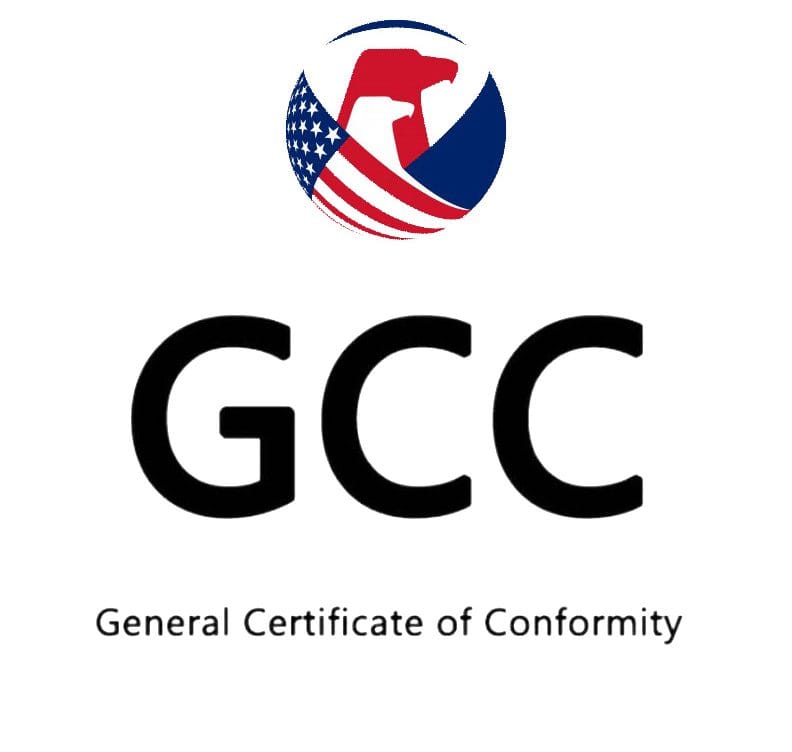
Introduction to U.S. GCC Certification
The General Certificate of Conformity (GCC) is a document required by the U.S. Consumer Product Safety Commission (CPSC) for certain consumer products sold in the United States. It is a written declaration issued by the manufacturer or importer, certifying that the product complies with applicable U.S. safety standards, regulations, or bans. The GCC applies primarily to “general use” products (non-children’s products) regulated under the Consumer Product Safety Act (CPSA) or other CPSC-enforced rules. Unlike the Children’s Product Certificate (CPC) for children’s products, the GCC does not mandate testing by a CPSC-accredited third-party lab, but it still requires a reasonable testing program to ensure compliance.
The purpose of the GCC is to ensure that products entering the U.S. market are safe for consumers and meet federal safety requirements. It is commonly required for products sold on platforms like Temu when targeting the U.S. market.
Relevant Product Categories
The GCC applies to a variety of general-use consumer products regulated by the CPSC. Examples include:
- Adult Apparel (16 CFR Part 1610): Must meet flammability standards to ensure fabrics do not ignite or burn excessively fast.
- Mattresses and Mattress Pads (16 CFR Parts 1632 and 1633): Must comply with flammability standards for cigarette ignition and open-flame resistance.
- Carpets and Rugs (16 CFR Parts 1630 and 1631): Subject to flammability testing.
- Bicycle Helmets (16 CFR Part 1203): Must meet impact resistance and labeling requirements.
- Furniture (e.g., upholstered furniture): May require flammability or stability testing depending on the product.
- Portable Generators: Must comply with carbon monoxide emission standards (if applicable).
These categories are not exhaustive, and the specific standards depend on the product type. Importers and manufacturers must identify the applicable regulations based on their product.
Necessary Procedures for Exporting from China to the U.S.
To export products from China to the U.S. that require a GCC, Chinese manufacturers and exporters must follow these steps:
- Identify Applicable Standards:
- Research the specific CPSC regulations or standards that apply to your product (e.g., 16 CFR Part 1610 for apparel flammability).
- Consult the CPSC website (www.cpsc.gov) or legal experts to confirm requirements.
- Conduct Product Testing:
- Perform a reasonable testing program to verify compliance. This can be done in-house or by a third-party lab (though third-party testing is not mandatory for GCC unless specified).
- For example, adult apparel may need a flammability test to ensure it burns at an acceptable rate.
- Retain test reports as evidence of compliance.
- Prepare the GCC:
- Draft the GCC document, which must include:
- Product description (e.g., name, model number).
- Citation of the applicable CPSC safety rule (e.g., 16 CFR Part 1610).
- Details of the testing conducted (date, location, method).
- Name and contact information of the manufacturer and/or importer.
- Date and place of manufacture.
- The GCC can be in English and does not need to be submitted to the CPSC but must be available upon request.
- Draft the GCC document, which must include:
- Labeling Requirements:
- Ensure the product has proper labeling as required by the applicable standard (e.g., care labels for apparel, warning labels for furniture).
- Include tracking information if required (e.g., batch or lot numbers).
- Customs and Import Compliance:
- When exporting, provide the GCC and supporting documentation (e.g., test reports) to the U.S. importer or customs broker.
- U.S. Customs Service may request the GCC during import clearance, especially for regulated goods.
- Platform Requirements (e.g., Temu):
- If selling on platforms like Temu, upload the GCC during product listing or seller verification to meet their compliance policies.
- Ensure all documentation is ready to avoid delisting or penalties.
- Record Keeping:
- Maintain records of the GCC, test reports, and testing data for at least 5 years, as the CPSC may request them for audits or investigations.
Additional Notes
- Importer Responsibility: If the Chinese manufacturer does not provide the GCC, the U.S. importer is responsible for issuing it and ensuring compliance.
- Penalties: Non-compliance can result in product recalls, fines, or seizure by U.S. Customs.
- Consult Experts: For complex products, consider hiring a compliance consultant or testing agency familiar with CPSC rules.
By following these steps, Chinese exporters can ensure their products meet U.S. safety requirements and successfully enter the American market. If you have a specific product in mind, let me know, and I can provide more tailored guidance!
